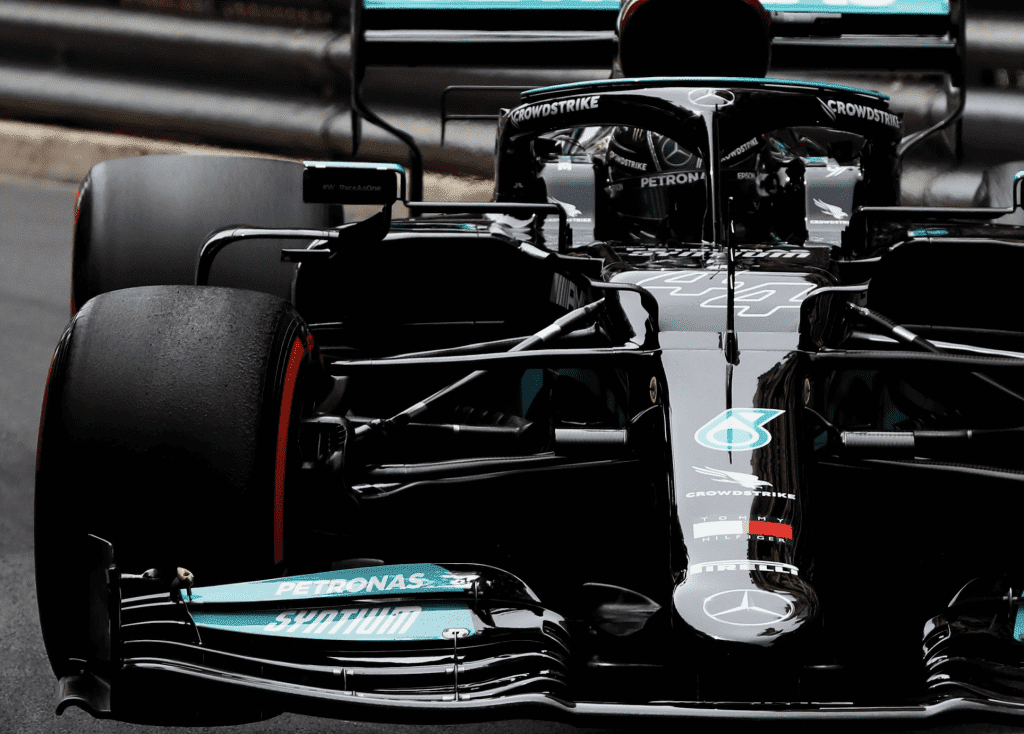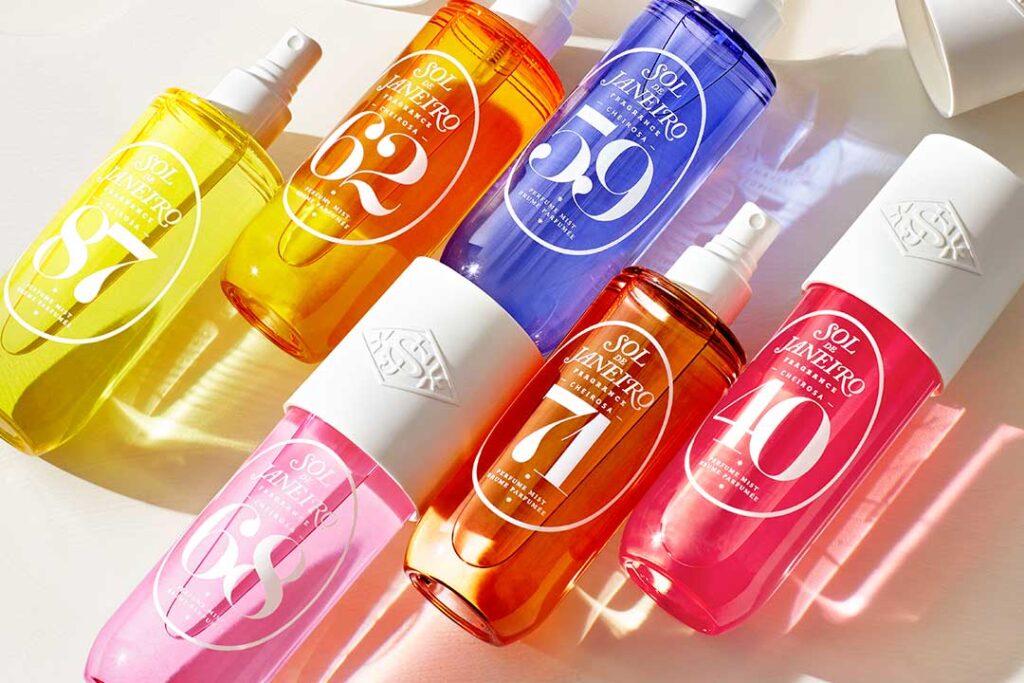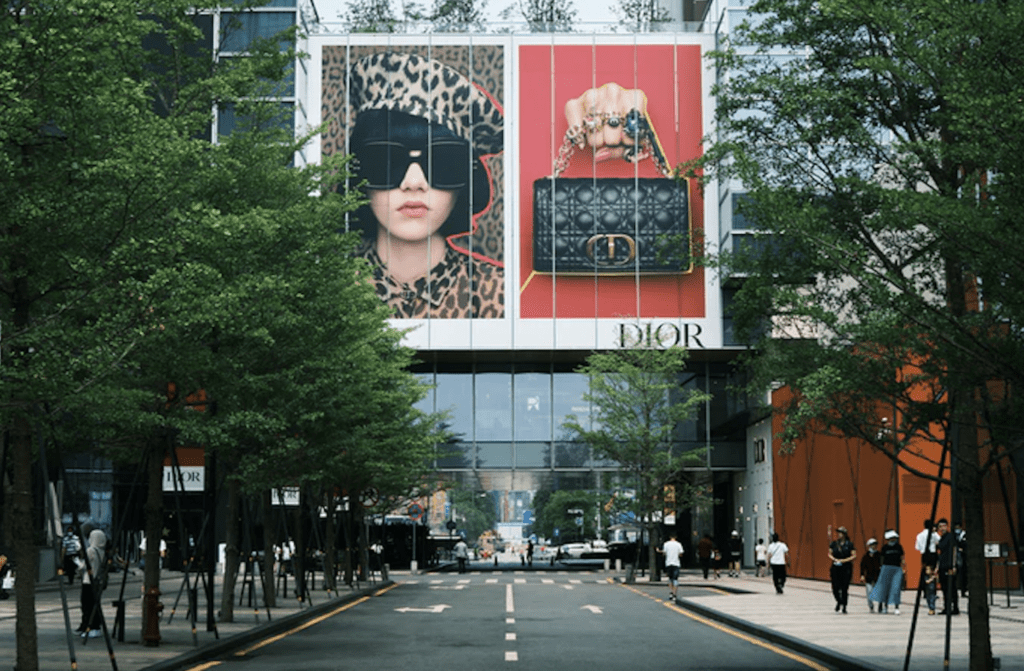As Formula 1 continues its aggressive expansion into the United States, the sport’s rising profile has led to a new kind of traffic: A flood of counterfeits targeting the F1 brand. According to the complaint that it filed this month in a federal court in Nevada, Formula One Licensing B.V. and Formula One World Championship Limited (collectively, “Formula One” or “F1”) allege that E & B Wholesalers, Inc. distributed hundreds of counterfeit items bearing the F1 trademarks in the run-up to the November 2023 Las Vegas Grand Prix.
In its May 13 complaint, Formula One accuses E & B of counterfeiting, trademark infringement, and unfair competition, alleging that the apparel wholesaler manufactured and supplied merchandise, including t-shirts and hoodies, bearing unauthorized versions of the F1 and “Las Vegas Grand Prix” trademarks to local retailers in Las Vegas. These infringing goods created a likelihood of confusion among consumers, many of whom likely assumed the items were officially licensed, F1 maintains.
Formula 1’s trademark portfolio is both extensive and increasingly valuable in the U.S. market. The group holds over 150 U.S. trademark registrations, covering not only the iconic “F1” and “Formula 1” marks but also a defined set of marks related specifically to the Las Vegas Grand Prix, according to the complaint. F1 describes these marks as “extremely valuable commercial assets” that symbolize the goodwill and brand equity of F1 – equity that it claims is being undermined by counterfeiters looking to capitalize on the sport’s surging American fanbase.

The timing and location of the alleged infringement scheme is telling. The Las Vegas Grand Prix marked a major milestone for the auto racing association’s U.S. expansion strategy, with the city’s iconic Strip transformed into a neon-lit circuit for the event, which launched in later 2023. The fact that E & B’s manufacture and distribution of the counterfeit goods at issue occurred in the five months leading up to the race highlights the parallel market that is emerging alongside official F1 merchandise: One that seeks to profit from the growing mainstream appeal of the sport without adhering to licensing agreements or brand integrity.
F1’s pivot to the U.S. has been turbocharged by a dedicated Netflix series, which has helped transform the global motorsport from niche interest to pop-cultural force. The result? Increased demand for team and event-specific gear, high-profile brand collaborations, and, as this lawsuit underscores, heightened exposure to counterfeiting risks. As luxury brands and major leagues, alike, have experienced, market expansion comes with both new audiences and new threats of enforcement.
Notably, the lawsuit also underscores the economic investment at stake. Formula 1 alleges that E & B’s infringing activities not only confused consumers but also harmed the substantial investments made to bring the Las Vegas Grand Prix to life, from sponsorship deals to merchandising rights. Against that background, F1 is seeking injunctive relief, damages, and an accounting of E & B’s profits, as well as attorneys’ fees.
The case is Formula One Licensing B.V. v. E & B Wholesalers, 2:25-cv-00832 (D. Nev.).














